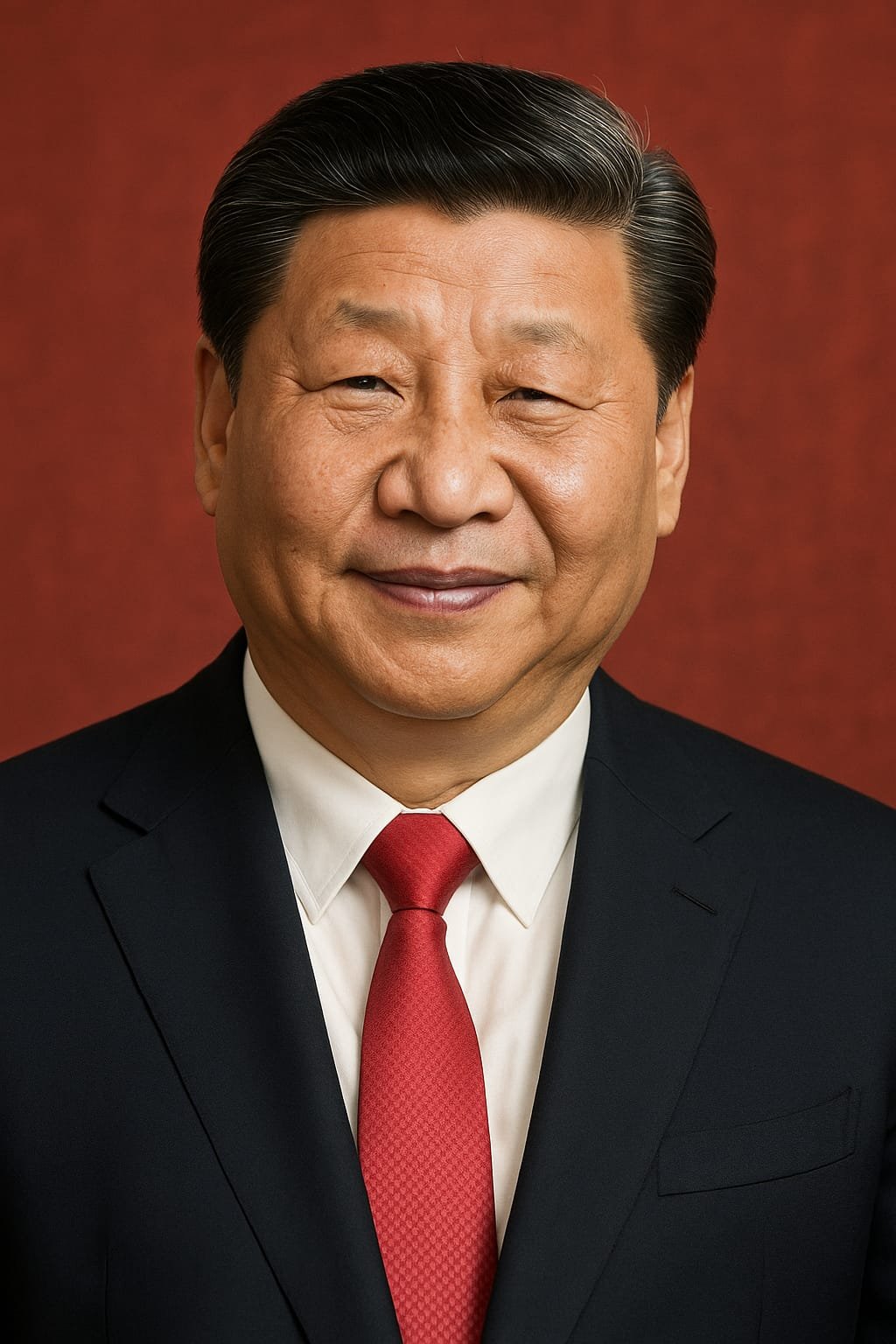
On June 30, the Communist Party of China quietly changed some of its internal rules. To most people, these changes looked like just another set of official updates. But to experts who closely watch Chinese politics, it seemed like something bigger might be happening. The updates talked about “division of authority” and “delegation of responsibilities.” In a country where President Xi Jinping holds most of the power, these words caught attention.
These changes suggest that the Communist Party is thinking about how to manage leadership transitions and retirement more smoothly. That may sound ordinary in many countries, but in China, where power is tightly controlled and leadership changes are not very transparent, such rules carry deeper meaning.
A report by the South China Morning Post, a well-known newspaper based in Hong Kong, said the updates were meant to prevent power struggles and prepare for a future without Xi at the center. Some analysts even believe this could be the first sign that Xi might be planning to share his responsibilities with others or slowly step back from some of his roles.
However, it is important not to jump to conclusions. Xi Jinping has led China with a very strong hand for more than a decade. In 2018, he removed the two-term limit for presidents, which had been in place since the 1980s. His name was also added to China’s constitution, placing him alongside historical figures like Mao Zedong and Deng Xiaoping. These moves made it clear that Xi intended to lead for a long time. If he is now considering a change, it may not be because he wants to, but because he needs to.
There are signs that Xi’s leadership is facing difficulties. The Chinese economy has slowed down, and unemployment among young people is rising. Foreign businesses are hesitant to invest. The government’s crackdown on big tech companies has scared off many innovators. The issue of Taiwan remains tense, with rising risks of conflict. Also, there are reports that some senior figures within the Communist Party are quietly unhappy with Xi’s leadership style.
Even though Xi still holds the top position in the country, he is now 71 years old. In 2022, he started his third term as president. He may be realizing that he cannot stay in power forever. To avoid future political chaos like what happened after Mao’s death in the 1970s, Xi might be planning a more organized and slow transition.
The recent rule changes are not an announcement of retirement. They are more like a warning to prepare for change in a calm and controlled way. The message seems to be that China will stay stable, even after Xi eventually steps down. It is also a signal to other countries that the leadership in China can continue smoothly without one strongman at the top.
Still, not everyone believes this. Some experts think that this is another strategy by Xi to confuse his rivals. By talking about delegation and planning for succession, he could be trying to gain more control, not less. If people think he is preparing to leave, his opponents may lower their guard. That could give Xi more room to tighten his grip on power.
In the end, what really matters is not what is written in documents, but what happens in reality. Will Xi actually give more power to others? Will he promote new leaders with fresh ideas, or continue to surround himself with loyal followers who never question him? Will the next group of top officials be a sign of real change or more of the same?
Until these questions are answered, we can only wait and watch. Chinese politics is often hidden from public view, but the hints and clues are always interesting. Even if the stage remains closed, the drama behind the curtain continues.





















